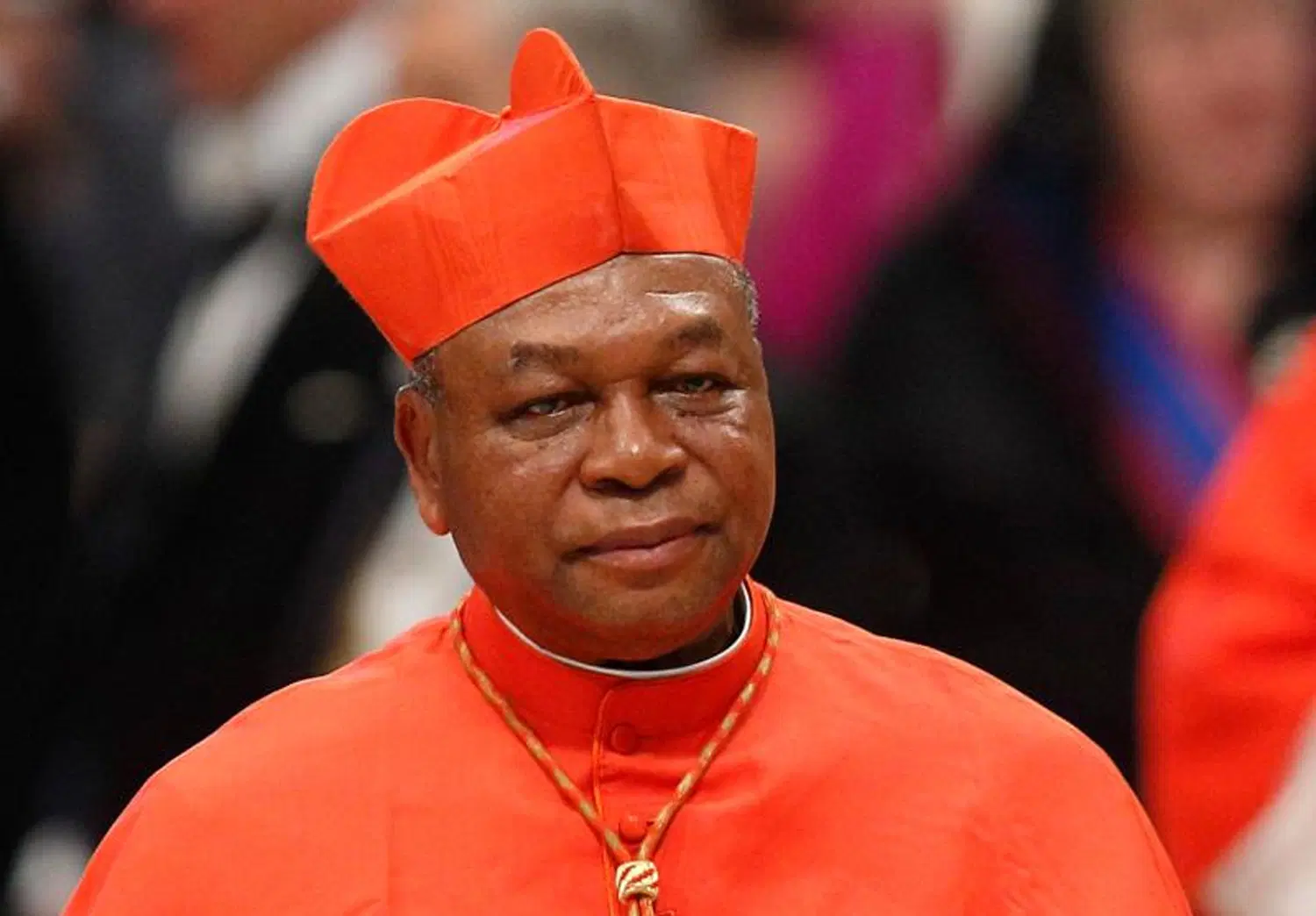The Minister of Interior, General Abdulrahman Dambazzau (retd) has reiterated the commitment of the administration of President Muhammadu Buhari in tackling the security challenges facing the country.
The Minister disclosed this at the inauguration lecture of the Institute for Peace and Strategic Studies, (IPSS), University of Ibadan.
In the welcome address by the host, Prof. Isaac Olawale Albert, The Director Institute for Peace and Strategic Studies(IPSS), University of Ibadan, thanked everyone present for been part of the history , esppecially the guest lecturer , General Abdulrahman Dambazzau (retd) for writing his name in Gold in the history of the institute. He promised that the institute under his leadership will give Nigeria the reqiured technical services towards achiving peace in Nigeria and Africa as a whole.
The event, which took place at the University of Ibadan International Conference Centre, had in attendance the Minister of Health and immediate past Vice Chancellor of the University of Ibadan, Prof Isaac Adewole, traditional rulers and officers from the different parastatals under the ministry of interiors.
In a lecture titled “Threat Profile and Emerging Trends of Managing Nigeria National Security,” the minister highlighted the various threats Nigeria has been battling with in recent times
Dambazzau said: “I want us to draw our attention to the fact that security is one of the three focused areas of President Muhammadu Buhari and indeed, the government as a whole. Apart from Security, other focus of this administration is revitalising the economy and tackling corruption.
“Nigeria has been contending with various threats to our national security. Most recent of these challenges are insurgency and terrorism in the North East, militancy and terror attacks particularly on oil platforms in the Niger Delta and piracy in the Gulf of Guinea. Other issues of threat to national security are in the area of transnational crime networks which involves arms, drugs and human trafficking.
“Violent crimes particularly of armed robbery, kidnapping for ransom, murder, rape and of course, the most recent though not new, which is the issue of the pastoralist and farmers conflict.
"Furthermore are the issues which emanates from control of resources which often lead to communal violence.”
Dambazzau, while describing the change in the nature of recent violent stated that the mode of operation by terrorist have taken new form and shape and therefore the focus on insecurity has also changed
“A number of violent conflicts have been recorded recently involving loss of lives and destruction of properties. Some of these conflicts have ethno-religious colouration, where the warring parties belong to different ethnic or religious groups.
Aside from the Nigerian civil war, the Nigerian nation has never been confronted with such security challenges as we have been experiencing in the past seven years.
“The prevailing global security environment, characterised by uncertainty and instability poses a threat to national and regional peace. This atmosphere of insecurity constitutes a serious impediment to individual liberty and continues to pose a serious challenge to African states.
“The last decade has witness fundamental and structural changes in the nature of security threat facing all nations of the world. Attention is shifting from individual criminal activity to cross border criminal activities such as terrorism, insurgency, cyber crimes, arms, drugs and human trafficking. The threat level is further heightened by the fact that these crimes are conceived, nurtured and propagated by these actors with nefarious motives, nomenclature and modus operandi.
“Recent trends have shown that nations cannot deal with national security threat in isolation from the impact, such threats have on other countries at the regional and global level. Factors such as globalisation, climate change, population explosion, urbanisation, growth of information and communication technology have tremendous impact on the nature and extent of both internal and external threat. While debate on how to deal with the emerging and evolving threat is been look at, the fatalities have simply sky rocketed,” he said.
The minister cited globalisation, the growth of information technology, the erosion of state sovereignty, which makes citizens to identify more with ethnic and religious nationality rather than their geographical nationality and the fundamental change in the nature of government as the four key factors responsible for security threats.
“On the issue of globalisation and climate change, most nations are unwilling or unable to do something about it. This has placed intense pressure on scarce global resources and this has led to border wrangling, invasions and war, secondly it is polarising those with wealth and power and those without amongst other effect.
The minister further commended the effort of President Buhari towards improving the capacity of security agencies across the country, stating that it has brought about the modernisation and positive change in the modus operandi of security bureaucracy.
He also advocated for inter agencies cooperation among ministries, agencies and civil society organisation to ensure that security is improved in the country.
The institute presented a plaque of honour to Chief Adebayo Akande, Dambazzau and the Minister of Health, Prof Adewole, for their immense contribution to the development and progress of the Institute.






















